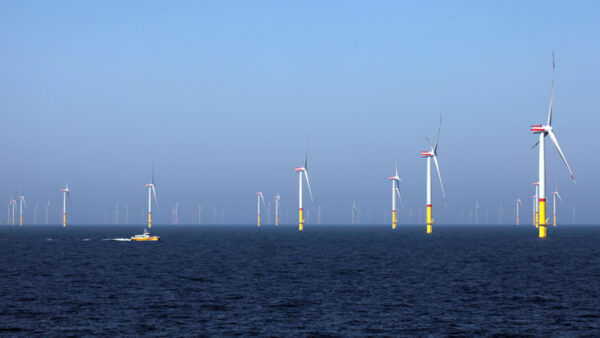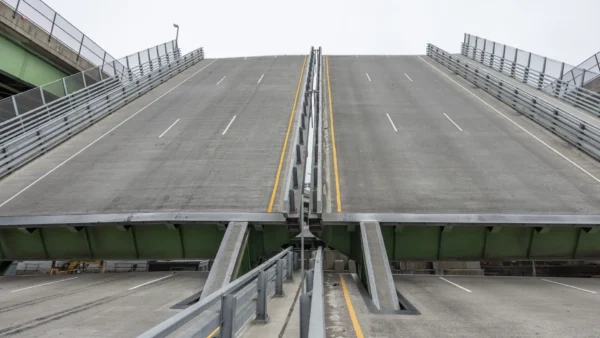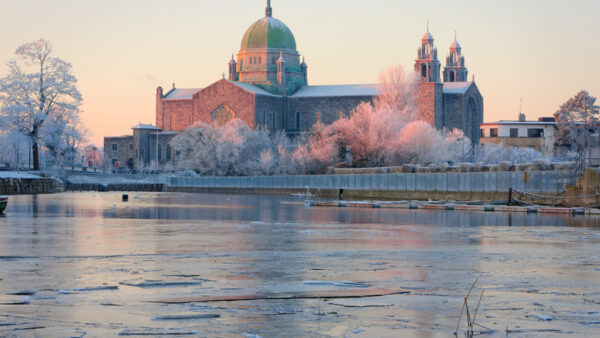Engineering and design consultancy Ramboll has won a further 10-year framework to carry out modernisation projects on research stations and infrastructure for British Antarctic Survey (BAS). The contract is valued at between £40m and £50m.
As technical advisors, Ramboll will provide project management and structural, geotechnical and MEP engineering, as well as consultancy on buildings, energy, sustainability, fire and renewable energy.
The team, which started working for BAS in 2016, will also manage third party services including architecture, quantity surveying, and snow and wind modelling.
Ramboll told GCR that, as climate change poses the threat of a potential global 1.5°C temperature increase, BAS wants all its buildings to operate at net-zero carbon. This is challenging in the Antarctic, where temperatures range from 5°C to -60°C.
The continent, said Ramboll, is “the coldest, driest, highest and windiest on the planet”.
First on the project list is the second phase of the Rothera Research Station Modernisation programme, which includes a new marine facility and accommodation block. An energy assessment will also take place to try and reduce the station’s reliance on fossil fuels.
In December Ramboll resumed work on the 74m long wharf in preparation to berth the RRS Sir David Attenborough.
Ramboll will also start a master plan for the King Edward Point Research Station.
Commenting on the win, Dave Grove, Ramboll project director, said Ramboll had used “innovative design techniques and assessment models to strike a balance between facilities that are useable in the harsh climate, whilst operating at net-zero carbon emissions”.
Professor Dame Jane Francis, Director at BAS, commented: “The modernisation of BAS infrastructure forms a crucial aspect of improving the long-term sustainability of our estate. This partnership is vital to helping us deliver on our long-term environmental and sustainability targets, whilst we deliver vital frontier science research that benefits us all.”
Image: View over Rothera Research Station, Antarctica, December 2019 (By Alan Roper/Courtesy of Ramboll)






